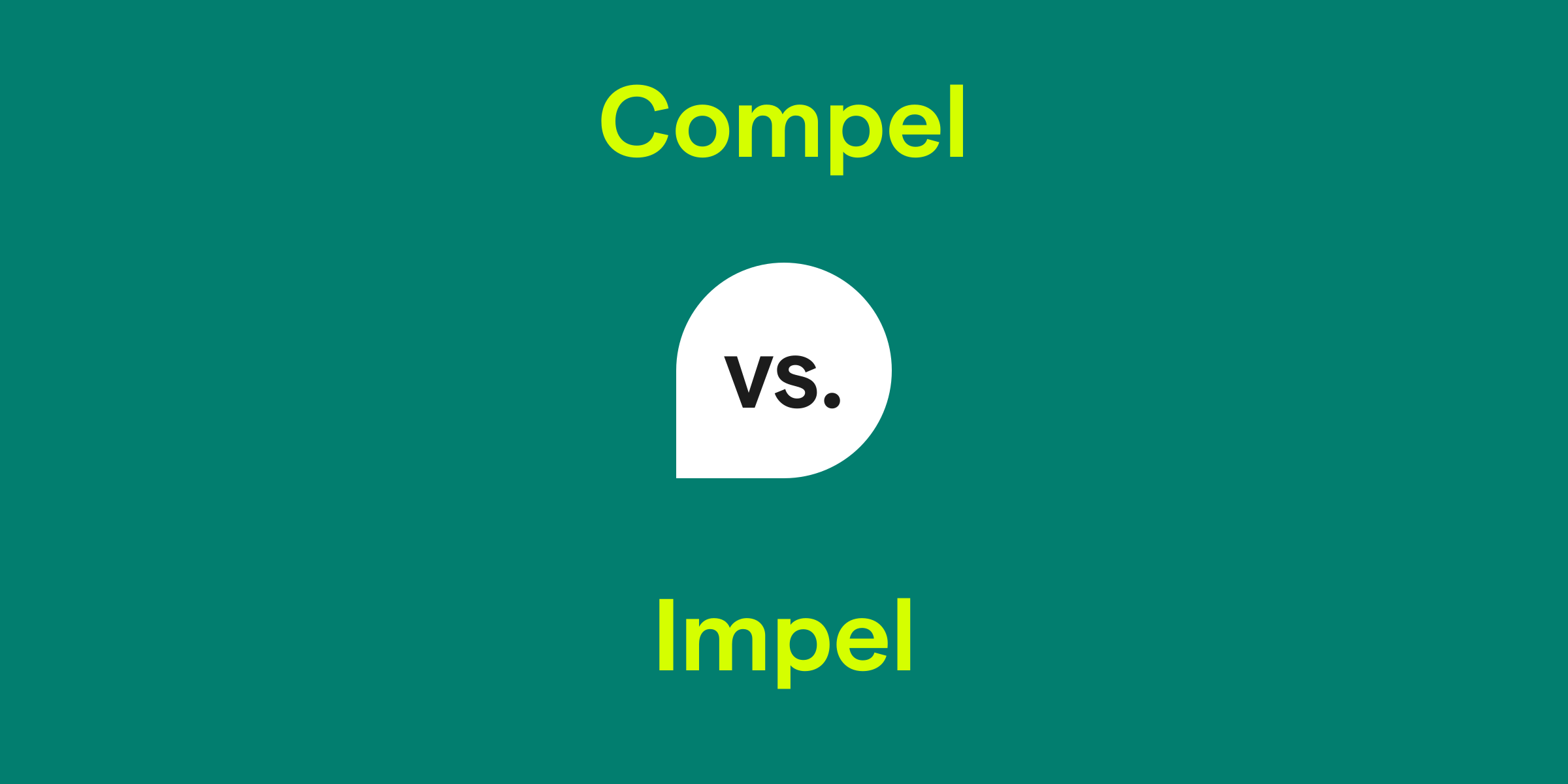Compel vs. Impel: What's the Difference?
The words compel and impel are often used interchangeably, but they hold distinct meanings. Compel generally refers to the action of forcing someone to do something, often through pressure or necessity. On the other hand, impel suggests a strong urge or motivation to do something, which comes from within oneself rather than from external forces.

How do you use the word compel in a sentence?
The word compel is used when describing the act of forcing someone to take a certain action, usually by threat, legal obligation or other forms of pressure. It carries a sense of coercion that leaves little to no choice for the individual being compelled.
Examples of compel in a sentence
- The court can compel a witness to testify against his will.
- Circumstances compelled her to close her business, despite her desire to continue.
- Economic sanctions are used to compel compliance with international laws.
How do you use the word impel in a sentence?
Impel is typically used when referring to a powerful feeling or a compelling force that drives one to take action. It often conveys an inner drive or moral compulsion, rather than an external force.
Examples of impel in a sentence
- She was impelled by a strong desire to help those less fortunate.
- Curiosity impelled him to learn more about the mysterious artifact.
- The need for survival can impel animals to migrate vast distances.
Compel and impel definition, parts of speech, and pronunciation
Compel definition:
To compel means to force or oblige someone to do something, often through pressure or threats.
Compel parts of speech:
Compel pronunciation:
Compel is pronounced as /kəmˈpel/.
Impel definition:
To impel means to drive or urge forward; to stir, encourage, or motivate someone to action.
Impel parts of speech:
Impel pronunciation:
Impel is pronounced as /ɪmˈpɛl/.
To compel means to force or oblige someone to do something, often through pressure or threats.
Compel parts of speech:
- As a verb: He felt compelled to confess to the crime.
- Adjective form (compelling): The book offers a compelling argument for reform.
Compel pronunciation:
Compel is pronounced as /kəmˈpel/.
Impel definition:
To impel means to drive or urge forward; to stir, encourage, or motivate someone to action.
Impel parts of speech:
- As a verb: A sense of duty impels her to volunteer weekly.
- Adjective form (impelling): His speech was filled with impelling reasons to take action.
Impel pronunciation:
Impel is pronounced as /ɪmˈpɛl/.
Compel vs. impel in a nutshell
Compel and impel, while sometimes confused, serve their own unique purposes in language. Compel connotes coercion or force, often from external sources, mandating an action be taken. Contrastingly, impel alludes to an internal drive or ethical responsibility that encourages someone to act. Understanding when to use each word can significantly impact the nuance conveyed in one's message.
Get AI Writing Assistance Wherever You Type
Make sure your vocabulary is on point and every punctuation mark is in the right place, no matter where you’re working. Grammarly works across more than 1 million websites and apps so you can improve your writing without copying, pasting, or breaking focus.

More Commonly Confused Words
Interest piqued? Pore (not pour) over other commonly confused words to help your writing reach peak (not peek) performance.